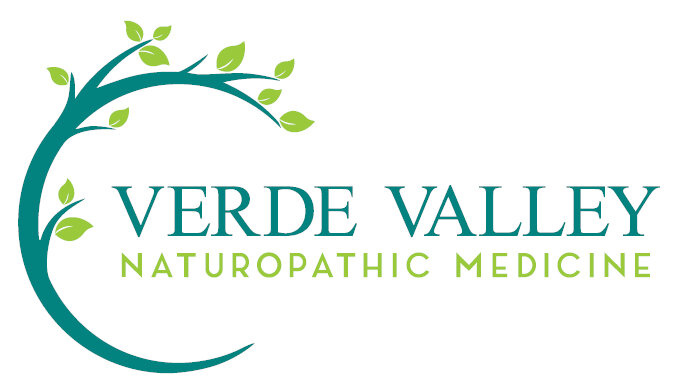6 Simple Strategies to Improve your Cognitive Health
What is cognitive health? Cognitive Health is about thinking…how you recall, process, and interpret the world around you. Your cognitive health is vital to your everyday experience, overall well-being and longevity explains Dr. Julie Rowin, a board-certified neurologist and integrative medicine physician specializing in the treatment and prevention of neurological illness.
In this article, Dr. Rowin explains 6 simple strategies you can use to help stave off cognitive decline.
Strategy 1
Optimize gut health and nutritional status
Modern science is just beginning to understand that neurological disease often starts in the gut.
Our modern American diet is largely devoid of the nutrients needed to keep our brain healthy and instead loaded with ingredients that are brain toxic including chemical additives, preservatives and white flour and sugar. Eating a whole food, clean diet including fatty fish and all colors of vegetables and fruits, staying away from highly processed foods, and seeing an integrative doctor to optimize gut health can lead to improved cognitive function.
Dr. Rowin explains, as we age, our need for certain nutrients change and may even increase. Even if we eat a nutritious diet, our ability to absorb and utilize these nutrients decrease due to reduced stomach acid, medications and a lifetime of accumulated toxin exposure. If you want to optimize your brain health, it is important to have in-depth testing to evaluate for vitamin and mineral deficiencies and toxin exposures.
Strategy 2
Prioritize sleep
Getting 7-9 hours of quality sleep nightly is one of the best things you can do for optimal brain function. Your brain processes memories and promotes neuron growth during sleep. Over the long-term, poor sleep may put you at higher risk of cognitive decline.
Strategy 3
Stay active
According to Dr. Rowin, regular exercise of at least moderate intensity leads to improved memory and cognition. Exercise also increases oxygen to the brain which slows down the loss of nerve cells as we age.
Strategy 4
Challenge your brain
It is important to engage in a variety of activities that are challenging and new. Engage in activities you love and that support continued learning. Staying curious and finding a meaningful purpose in life can go a long way in supporting your cognitive health.
Strategy 5
Stay connected
Staying connected with family, friends and your community is difficult for many in our post-COVID world, but strong social connections have been shown to protect against Alzheimer’s and other forms of dementia.
Strategy 6
Practice Mindfulness
Cognitive health and memory are also enhanced by mindfulness activities such as breathwork, meditation, tai chi and yoga.
Learn more about Dr. Julie Rowin MD and her approach to supporting your brain health.
